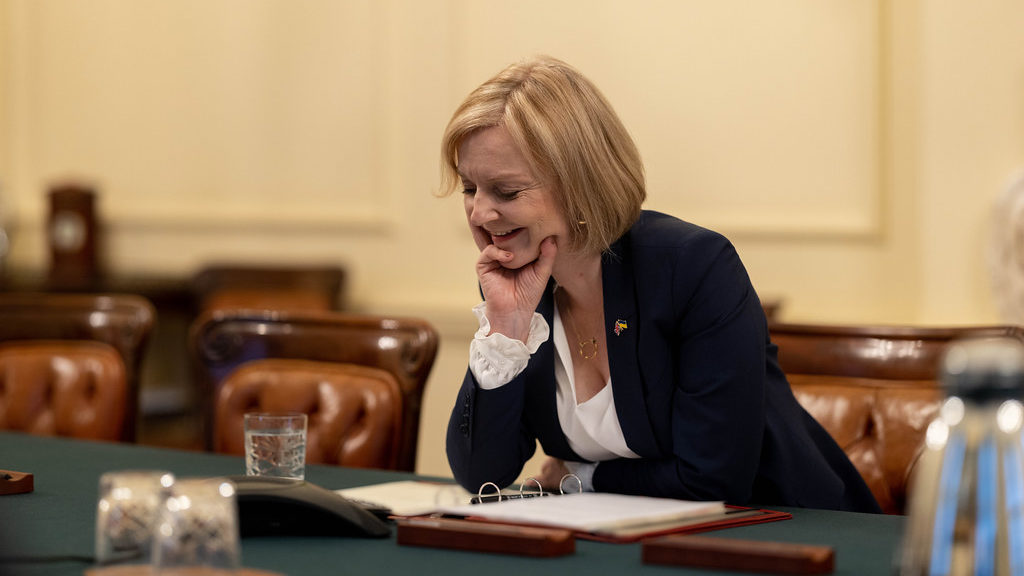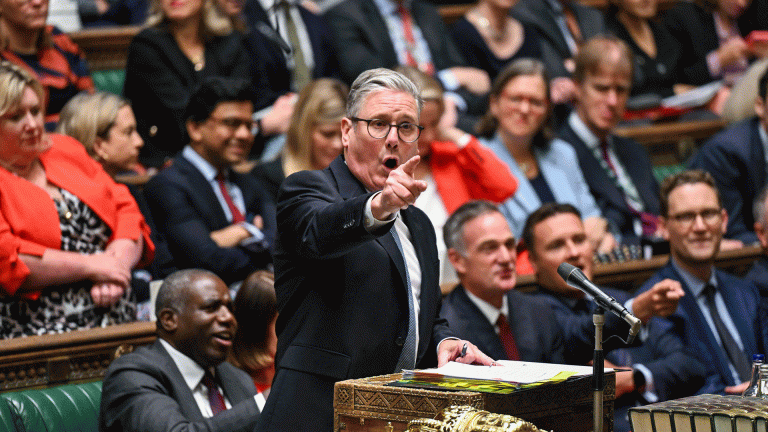Prime Minister Liz Truss has been called out by fact-checkers for incorrectly claiming no household will pay more than £2,500 for energy bills.
Truss made the claim during a series of local radio interviews on Thursday morning, her first public appearance since Kwasi Kwarteng’s “mini-budget” last week saw the pound tank and the Bank of England warn of a “material risk of UK financial stability”.
The £2,500 figure is the cap she introduced after taking office, as her administration’s flagship policy to tackle soaring energy bills. But the figure is based on the average energy consumption of a household, whereas the energy price cap actually applies to the price per unit, meaning it’s possible for households which use more to pay more.
The government’s own figures show that the average bill for a detached house will be £3,300, and £2,650 for a semi-detached house. Meanwhile, those living in a flat will face a typical bill of £1,750 a year.
The price cap also means some households will pay less than £2,500, while consumers on pre-payment meters also pay more than those paying by direct debit.
Truss was called out by Full Fact soon after she told BBC Radio Leeds: “Through the energy price guarantee, the maximum will be £2,500”.










